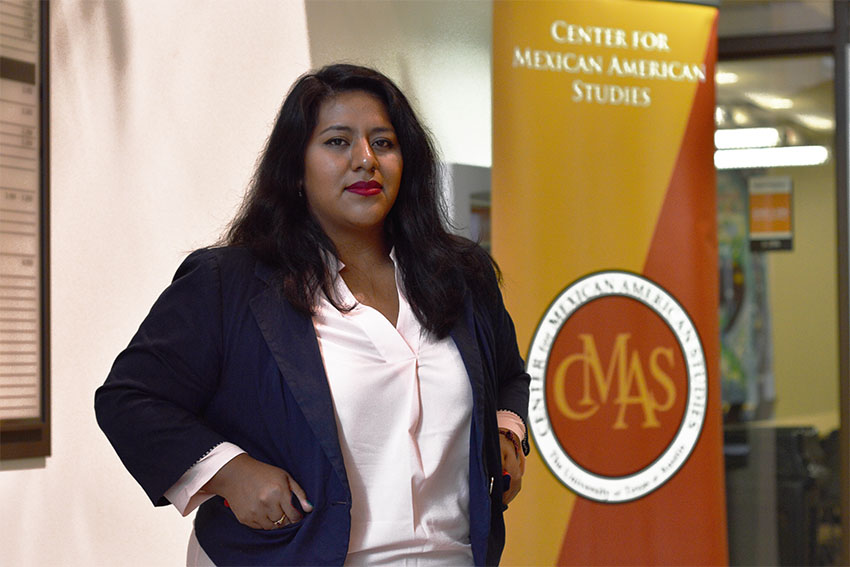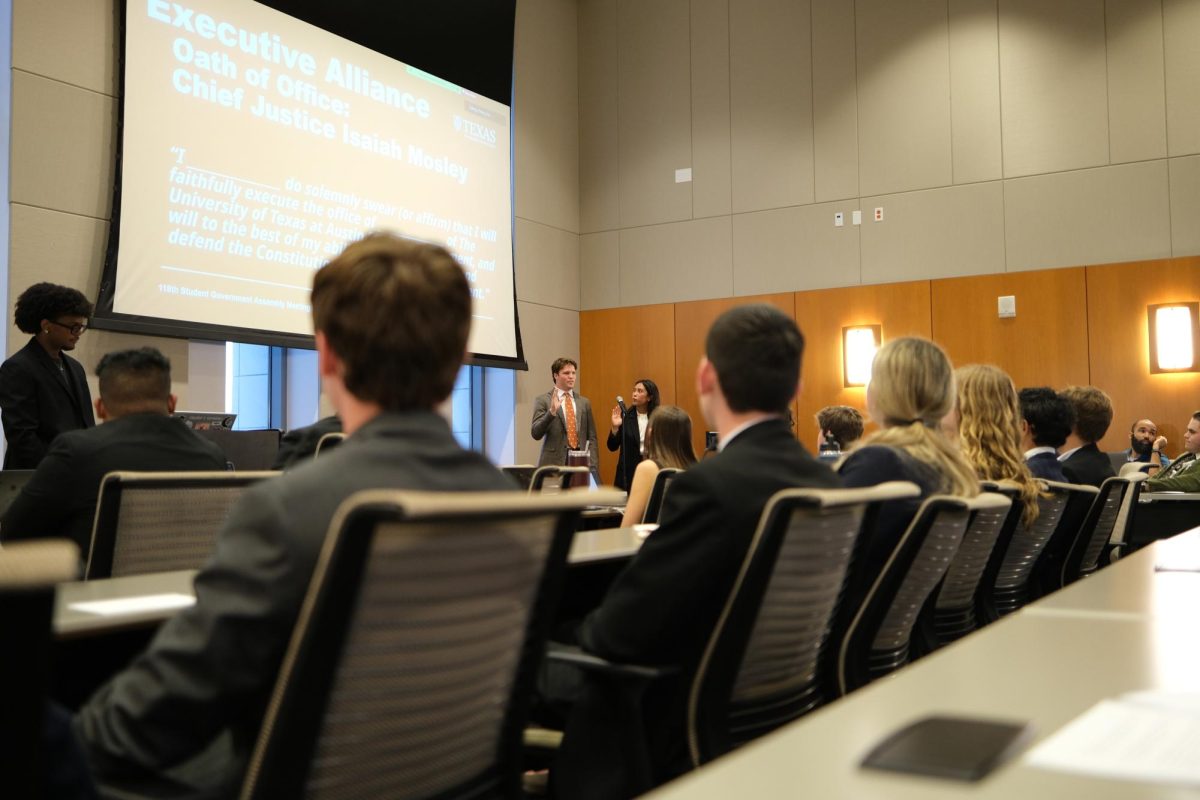Machismo, or strong masculine pride, is generally viewed as aggressive, abusive and sexist, but Mexican culture often considers it the mark of a real man, said Seiri Aragon Garcia at a Wednesday thesis presentation.
Garcia, a master’s student in the Department of Mexican American and Latino/a Studies, presented her work on how machismo persists in Mexican and U.S. communities.
While studying in Mexico, Garcia interviewed Maria Guadalupe, a 67-year-old mother of three children. When Guadalupe was a young widow, she didn’t receive any assistance, not even from her late husband’s mother, Garcia said.
“It is as if my children were not her grandchildren anymore because her son had passed,” Garcia said, quoting Guadalupe.
Garcia explained women in Mexican culture put their sons’ wants above the needs of their daughters-in-law.
Garcia told the story of Manuel, a 24-year-old man brought to the U.S. at the age of five. His family originally settled in Phoenix but moved to California after Arizona legislators proposed an anti-immigration bill in 2010. Manuel is currently the main provider for his parents, girlfriend and 4-year-old son, Garcia said.
Manuel’s Mexican-American co-workers bring their own lunches, made by their wives, to work. They told Manuel he became Americanized because he brings lunch like his white co-workers.
Journalism senior Alexiz Magro-Malo attended the presentation and said she has seen machismo in her own life.
“The topic interests me because I experience it in my home,” Magro-Malo said. “I’m first-generation and my parents are from Mexico.”
Garcia also studied machismo in social media platforms, especially Instagram. She searched the hashtag “narcostyle” and found examples of machismo and materialism represented in images with cash, cars and guns.
Garcia showed an image of a man holding a gun in front of a car with the caption translated in Spanish as, “It is not that I enjoy fighting. I simply don’t let any asshole be the reason I back down from a fight.”
Garcia said the social media post exemplifies machismo.
“I really appreciate the focus on social media,” said Luis Guevara, events coordinator for the Center for Mexican American Studies. “You see people repost things on social media like (Garcia’s examples).”
“I don’t necessarily view machismo negatively,” Garcia said. “It’s a spectrum of ideologies.”



















